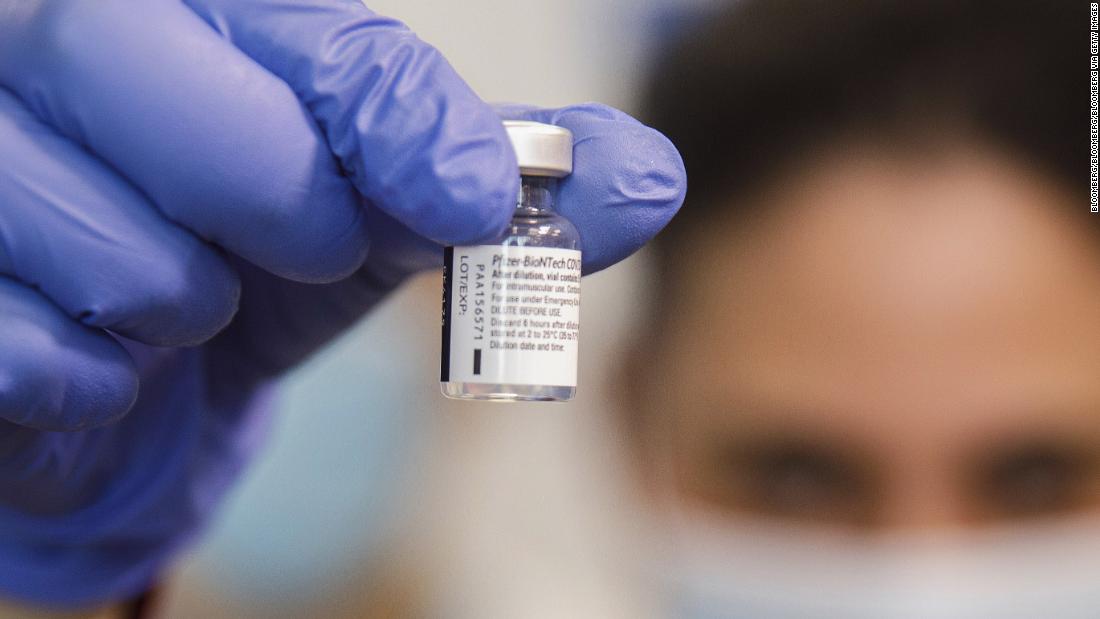The Clalit Research Institute, part of a large Israeli healthcare system, analyzed data from 1.2 million people, about half of whom had received the Pfizer-BioNTech vaccine. The researchers compared patients who received the vaccine with similar individuals who did not.
The symptomatic Covid-19 rate – that is, people who were infected with the coronavirus and felt bad – decreased by 94% among people who received two doses of the vaccine, according to a statement from Clalit. The rate of serious illness decreased by 92%.
In the Pfizer trial, the researchers randomly assigned patients to receive the vaccine or a placebo. Then they checked how many people got sick in each group and found that the vaccine drastically reduced disease.
The Pfizer study was a randomized clinical trial, the gold standard in clinical research. The Israeli study, on the other hand, was observational, meaning that the researchers did not randomly choose who received the vaccine and who did not.
This can cause problems; people who choose to be vaccinated, for example, may also be more likely to take other measures to protect themselves.
The researchers said they tried to explain these types of effects, however. And observational studies are important because they can offer some insight into how vaccines protect people in real-world conditions.
